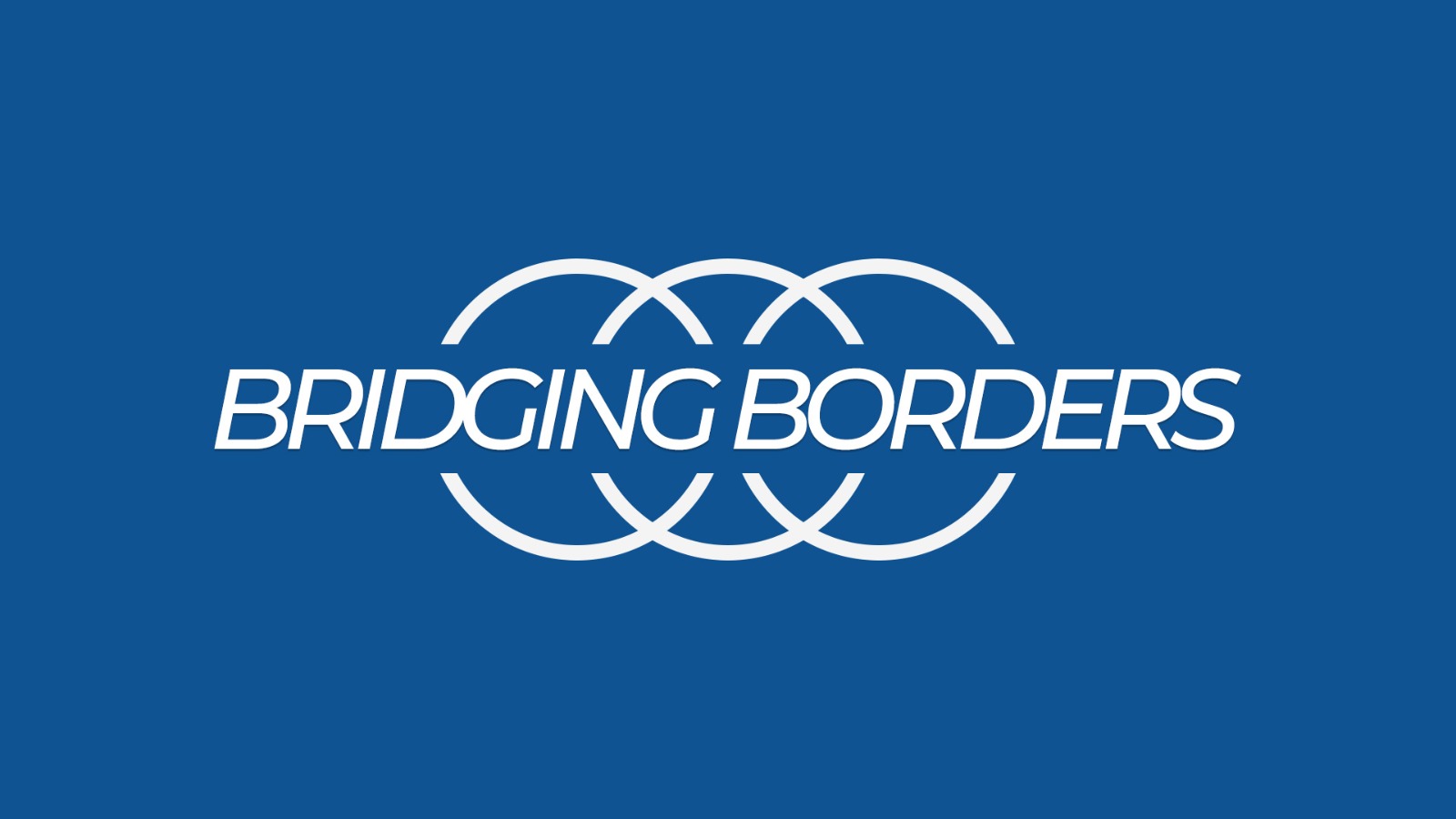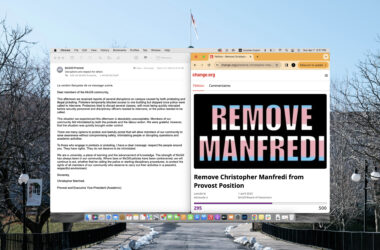The ongoing COVID-19 pandemic has prompted a graduate student at McGill’s Max Bell School of Public Policy to create the Bridging Borders project, an interactive policy tool that compares the effectiveness of pandemic response plans from regions around the world. Since the project started in May, graduate student Henna Hundal and Sai Rajagopal have interviewed the Prime Ministers and Presidents of over 40 countries on camera about their responses to the pandemic.
Both Hundal and Rajagopal studied and conducted research at Harvard University during their undergraduate years. Hundal’s academic background in health policy and clinical medicine and Rajagopal’s studies in biomedical and mechanical engineering provided them with the experience necessary to develop Bridging Borders. When the COVID-19 pandemic started affecting regions of the United States differently, Hundal and Rajagopal sought to compare how policy responses and epidemiological outcomes varied from state to state. Recently, their project has expanded to include countries around the world.
“When we saw that some developed countries had worse policy responses than the developing countries in which we worked, we realized there was a space in which to inform listeners about COVID-19 policy responses across borders,” Rajagopal wrote in an email to The McGill Tribune. “That’s how the project was born.”
By interviewing international leaders directly, the Bridging Borders project has brought attention to regions of the world that are not regularly discussed in mainstream media. Discussions with President Jonathan Nez of the Navajo Nation and Principal Chief Chuck Hoskin Jr. of the Cherokee Nation highlighted the importance of facilitating dialogue within communities hit harder by the COVID-19 pandemic, and outlining the infrastructural issues that have contributed to these regional differences.
“Those stories don’t get reported,” Hundal said. “There’s all these nuances and granularities that the [Bridging Borders] program is able to reveal. We’re hoping that after this pandemic we get serious about solving some of these issues.”
Weekly interviews with global leaders posted to the Bridging Borders website provide the primary data needed to create their comprehensive policy comparison tool. Launching on Sept. 18., the tool examines the policies implemented by each country, such as social distancing guidelines and mask and quarantine decrees. These policies are overlaid with the caseload and death charts of each region, so that users can see the effectiveness of different public health guidelines in real-time.
Director of the McGill Institute for the Study of Canada and professor of Political Science Daniel Béland shared his perspective on the Bridging Borders project.
“The various episodes posted on the website features interviews with world leaders and policymakers that allow us to better understand both the global and the local COVID-related public health and policy challenges [that] they face,” Béland wrote in an email to the Tribune. “COVID-19 is a global pandemic but the policy responses can vary significantly across the world, and taking stock of fast-evolving national strategies to cope with COVID-19 is potentially important to improve responses to current and future pandemics.”
The Bridging Borders project focusses on core questions during each interview, including asking leaders about the severity of the pandemic in their own countries or regions, the death tolls, and what basic measures have been implemented since the onset of the pandemic. With the help of listener feedback, the project has worked to better contextualize their interviews, and aims to give users a more well-rounded picture of what the pandemic response is like in a given region.
“We’ve been very pleased by the level of engagement among the leaders who are interested in coming together on this platform and pooling their policy ideas,” Hundal said. “That’s a function also of the need to work together during a pandemic. It’s not a problem that stops at borders.”
All of the Bridging Borders’s interview episodes can be found on their website. Episodes are released weekly and the project’s policy tool will be updated as each episode is uploaded. Bridging Borders can also be found on social media with @bridgingbordersproject on Instagram, and with @bridgingproject on Twitter.
A previous version of this article stated that Sai Rajagopal is a graduate student at the Max Bell School of Public Policy. In fact, only Henna Hundal is a student at Max Bell. The Tribune regrets this error.









